Norway has long been a leader in carbon capture and storage (CCS), setting the bar high for the rest of the global community. Over the past decade, the International CCS Knowledge Centre has enjoyed a close collaboration with our Norwegian colleagues. On my recent trip to Norway, I had the wonderful opportunity to see this innovation up close, attending ONS 2024, and during tours of notable CCS sites like TCM Mongstad and Northern Lights.
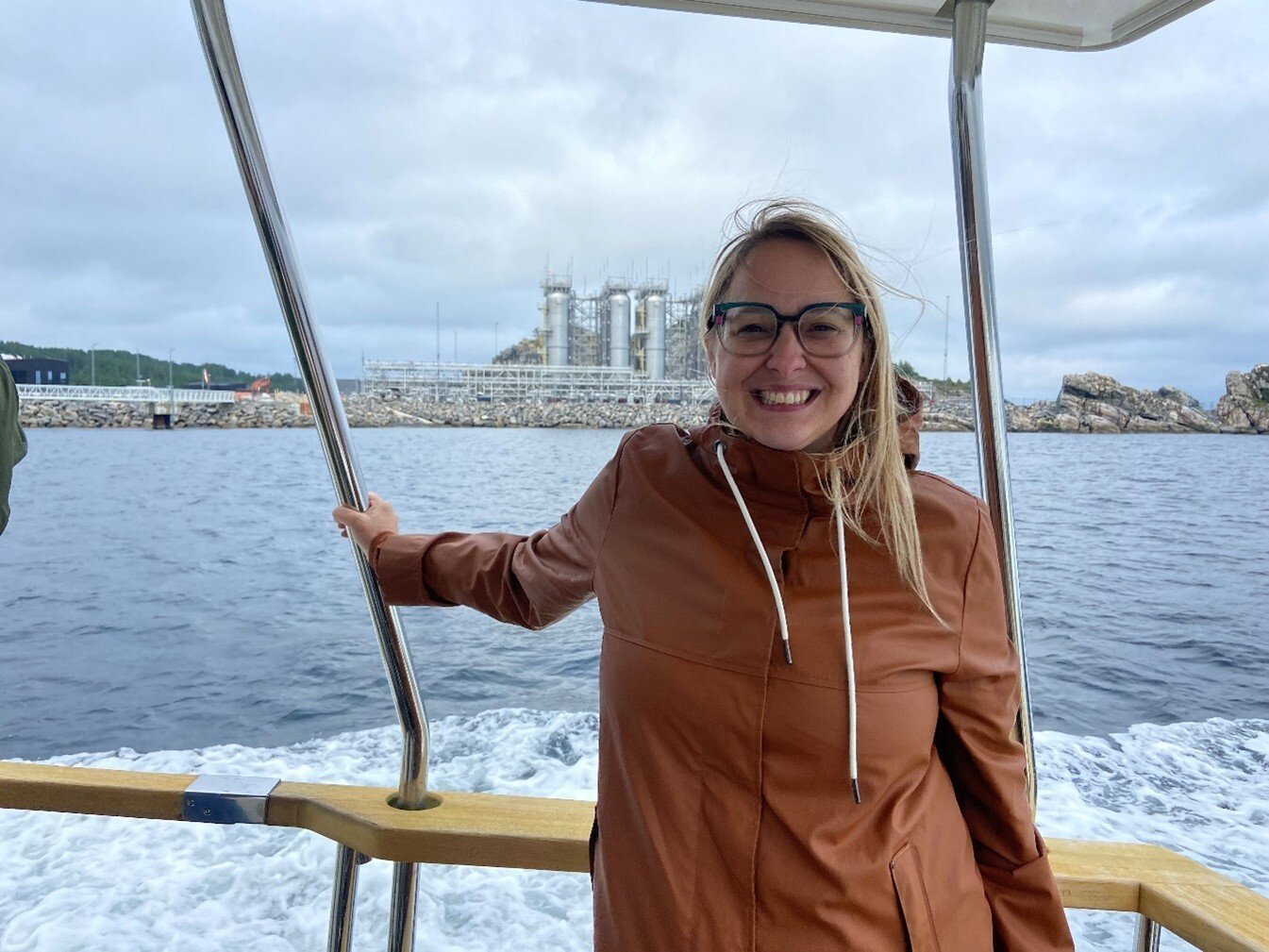
First, I’d like to extend a heartfelt thank you to the Canadian Embassy in Norway and the teams at TCM Mongstad and Northern Lights for their hospitality and informative tours. Our ongoing relationships with these organizations are incredibly valuable, and the quality of the knowledge shared during these visits is crucial for the advancement of CCS. At the Knowledge Centre, sharing this expertise helps us guide companies, governments, and the public toward meaningful progress, ensuring that the lessons learned contribute to effective and accelerated implementation of CCS technologies in Canada and worldwide.
Key Takeaways from the Tour
Here’s a glimpse into the history and significance of CCS in Norway:
Sleipner and Snøhvit
These pioneering offshore projects, operational since 1996 and 2008, represent early proof of concept for CCS technology. In these projects, CO? is separated from produced gas, compressed, and then piped underground for reinjection. Together, Sleipner and Snøhvit have stored an average of 1.8 million metric tonnes of CO? annually, totaling 22 million tonnes beneath the seabed. They are globally recognized models for effective decarbonization methods.
The Longship Project
Norway’s ongoing commitment to CCS is exemplified by the Longship project, a comprehensive CO? management initiative. Approved by the Norwegian Parliament, Longship aims to capture, transport, and store CO? with an investment of NOK 25.1 billion, supported by industry contributions. This project highlights Norway’s leadership in advancing CCS technologies and strategies.
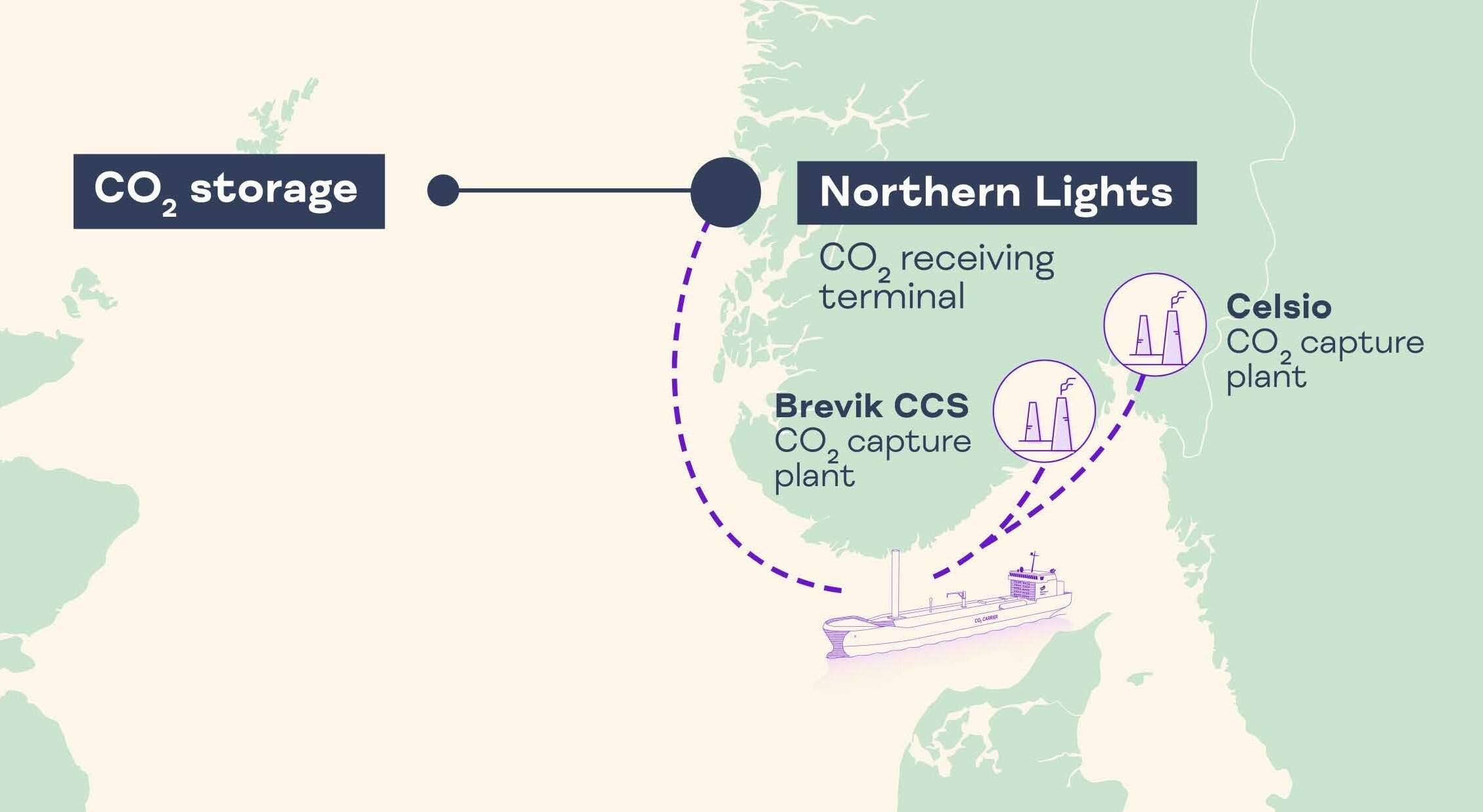

Northern Lights Project
The Northern Lights CCS project, a collaborative effort between TotalEnergies, Equinor, and Shell, is a key part of Norway’s Longship Project. The collaboration offers CO? transport and storage as a service, providing companies with a practical solution for reducing unavoidable emissions. The storage site known as Aurora, is located deep beneath the seabed off Norway’s coast and will handle CO? storage from seven European countries. Beginning operations in 2024, Northern Lights will initially store up to 1.5 million tonnes of CO? per year, with potential expansion to 5 million tonnes annually. It sequesters CO? in geological formations 2,600 metres beneath the seabed and has undergone extensive exploration and well planning to ensure a safe, large-scale storage solution. Northern Lights’ scope in the Longship project creates a comprehensive CCS solution for the region.
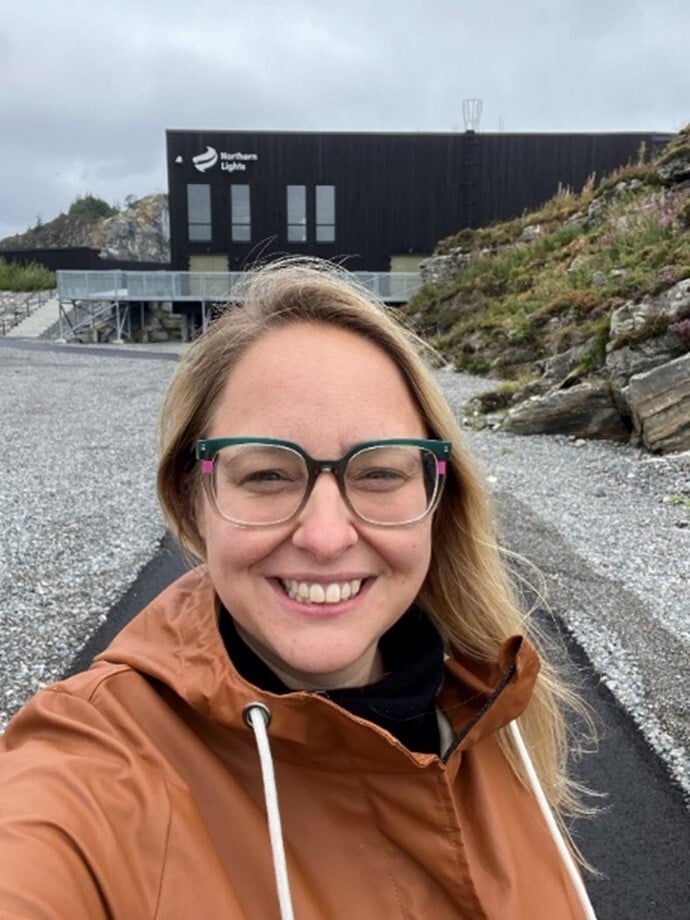
Technology Centre Mongstad (TCM)
TCM is the world’s largest post-combustion CO? capture test centre, crucial for advancing carbon capture technologies before full-scale deployment. The facility has the capacity to capture 18,000 tons of CO? annually and test multiple technologies simultaneously. TCM aims to bridge the gap between small-scale pilots and full commercial application. Since 2012, TCM has conducted over 37,000 hours of testing across eight solvent technologies and six emerging technologies, validating their reliability, safety, and cost-effectiveness. Originally focused on developing full-scale CO? capture for the Mongstad power plant, TCM has evolved into a leading test centre, playing a key role in de-risking technologies for various industries. Special thanks to Muhammad Ismail Shah for the insightful tour!

Collectively, these initiatives highlight Norway’s leadership in CCS, demonstrating to Canada and the world that CCS technologies are not only viable but also reliable, safe and can drive meaningful progress in reducing carbon emissions globally.
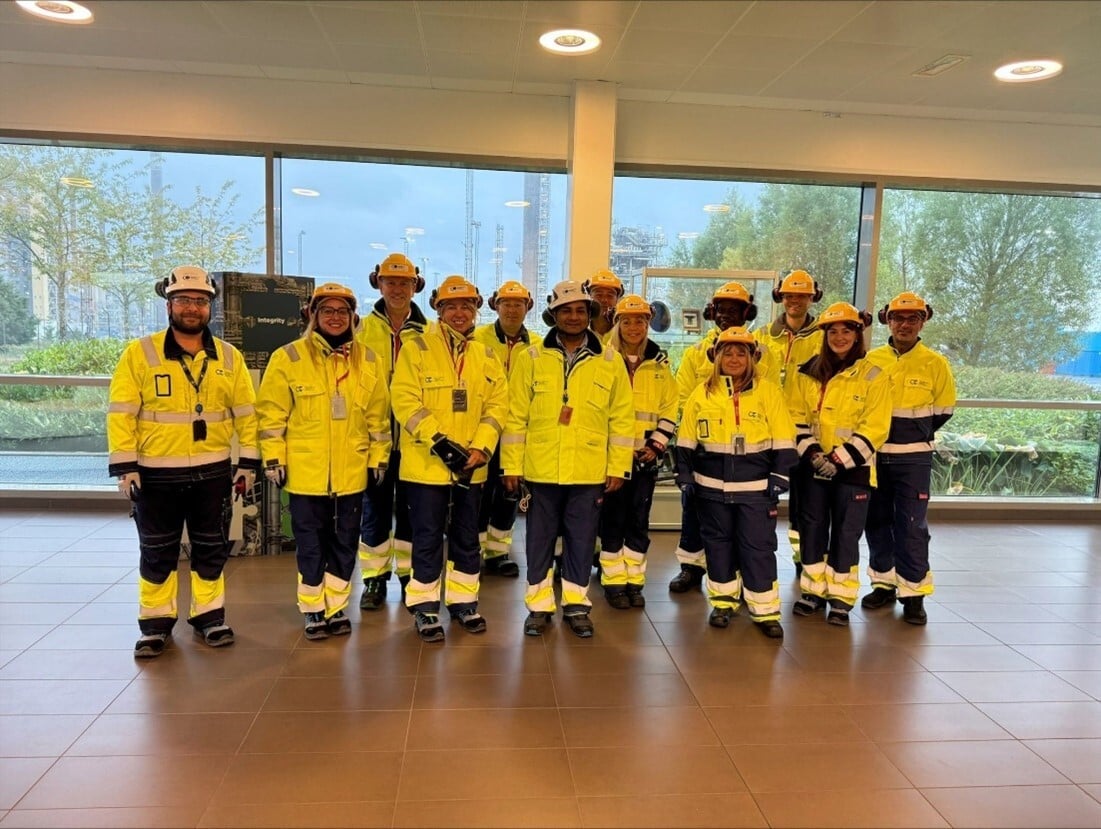
Walking through these awe-inspiring facilities and witnessing their scale and effectiveness firsthand was a powerful experience. It’s exhilarating to see such innovation in action and realize the tremendous impact it can have on CCS efforts globally. Coming home, I’m more motivated and energized than ever to share these valuable lessons learned with our clients and the broader global community.
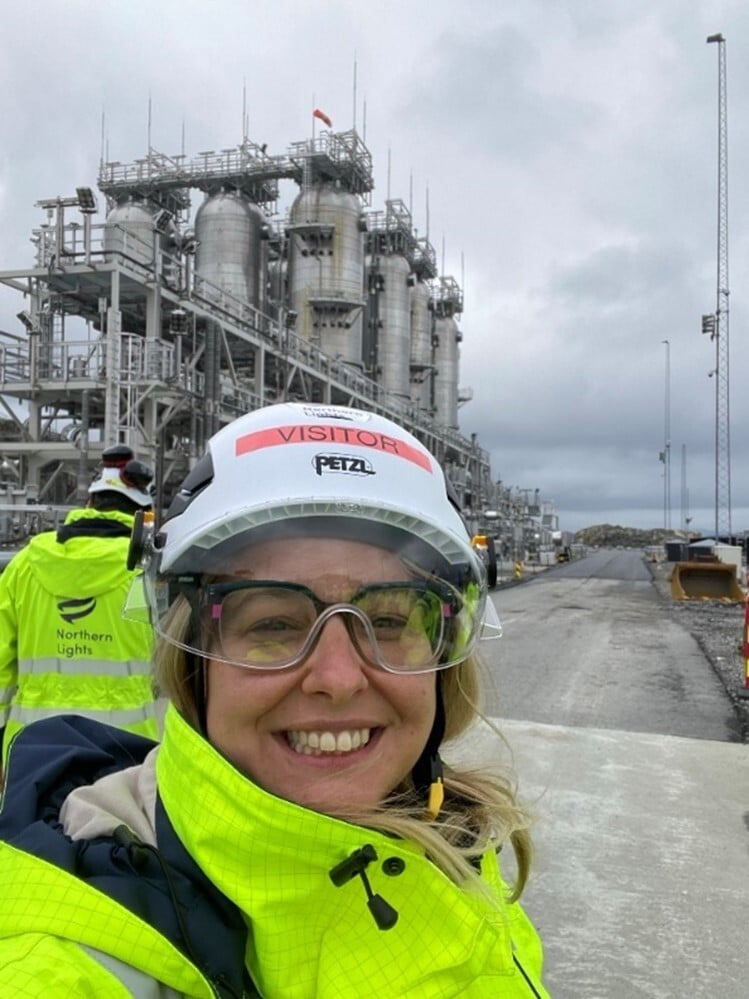
Thanks again to all those who contributed to this remarkable and highly successful trip. The work of sharing knowledge is crucial for advancing CCS technology adoption and making a meaningful impact on our emissions reduction efforts. CCS is possible, it’s happening, let’s not go it alone. Together, we can accelerate progress and foster innovation!